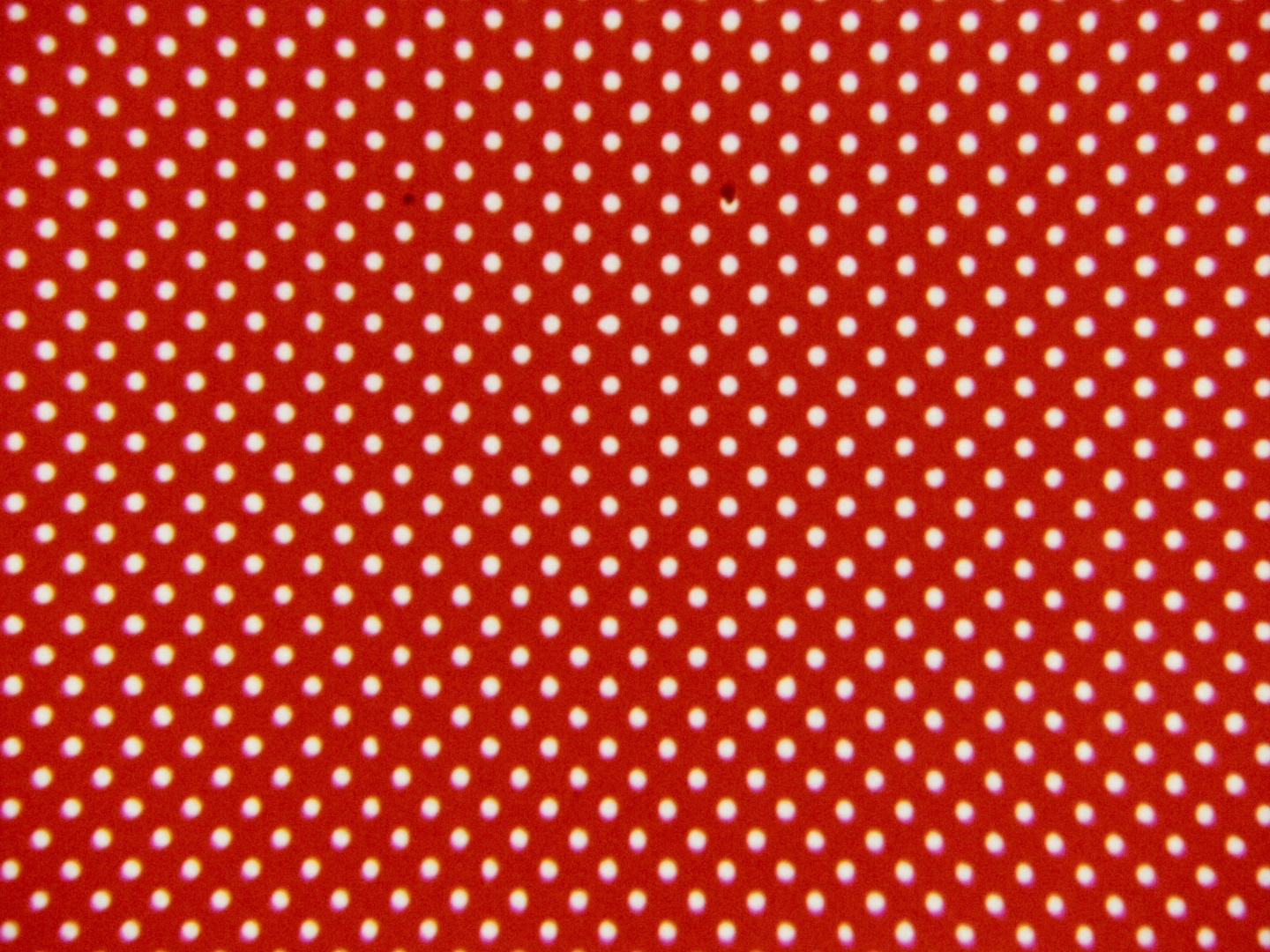
I am happy that Robert Breer got some recognition. I saw his new film, 69, and it’s so absolutely beautiful, so perfect, so like nothing else. Forms, geometry, lines, movements, light, very basic, very pure, very surprising, very subtle. Breer’s films do not get much public acclaim. His shows are not among the heavily attended. His films attract no noise. But they are among the best films made today anywhere. A new film by Robert Breer is an important event.